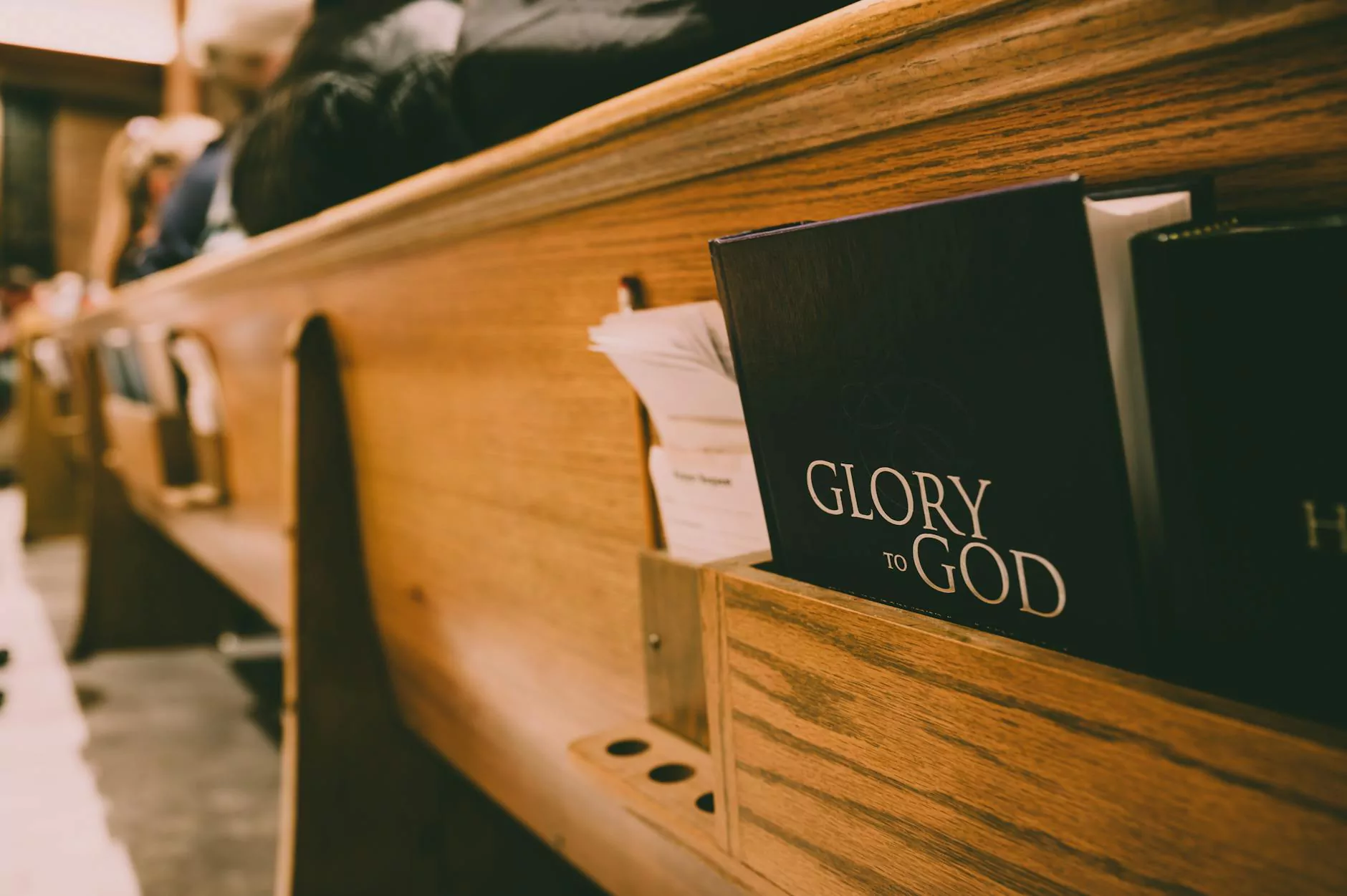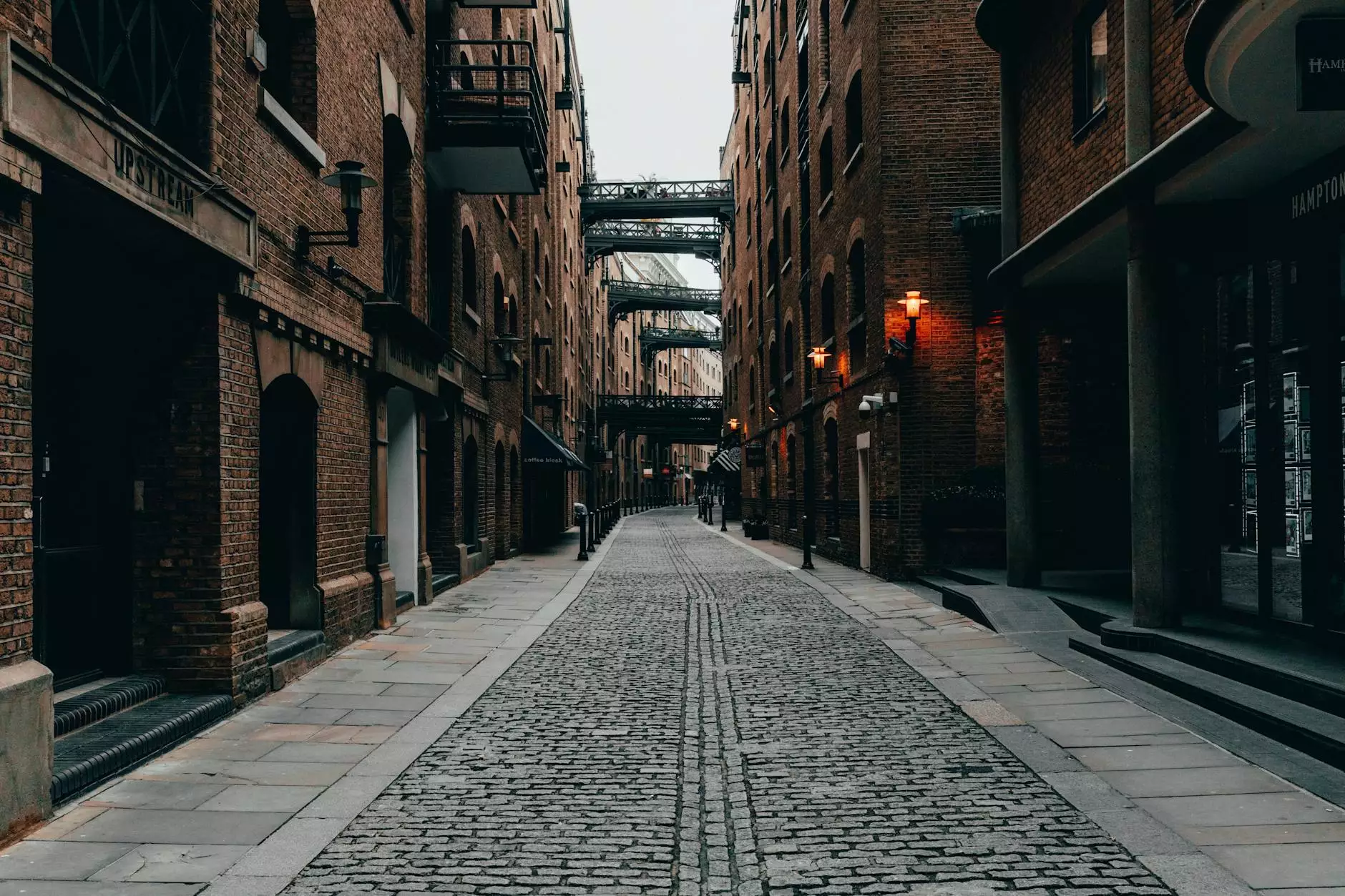Exploring the Significance of Black Churches in Brooklyn NY and Their Role in Community Building

The vibrant landscape of Brooklyn, NY, is renowned for its rich cultural diversity, historical significance, and dynamic community networks. Among the many pillars that uphold the social and spiritual fabric of Brooklyn, black churches in Brooklyn NY stand out as vital institutions that have profoundly shaped the neighborhood’s identity, culture, and community resilience. These churches are more than places of worship; they are sanctuaries of hope, centers for social activism, hubs of cultural expression, and anchors of community support.
The Historical Legacy of Black Churches in Brooklyn NY
The history of black churches in Brooklyn NY stretches back over a century, serving as crucial institutions during the eras of slavery, segregation, and civil rights movements. During the 19th and early 20th centuries, African Americans migrating to Brooklyn sought spiritual solace and community bonding through churches that became their safe havens amid racial discrimination and social upheaval.
Many historic congregations, such as the Mount Bethel Baptist Church and the Brooklyn Seventh Day Adventist Church, have been instrumental in fostering leadership, education, and civil rights advocacy. These churches not only provided spiritual sustenance but also led the charge for justice, equality, and community upliftment.
The Role of Black Churches in Brooklyn NY Today
In contemporary Brooklyn, black churches in Brooklyn NY continue to serve as essential institutions that address a broad spectrum of community needs:
- Spiritual Guidance: Offering regular worship services, spiritual counseling, and religious education to nurture faith and moral values.
- Social Services: Providing food pantries, clothing drives, housing support, and health initiatives that uplift vulnerable populations.
- Community Advocacy: Fighting for racial justice, economic empowerment, and equitable policies at local and state levels.
- Cultural Preservation: Upholding and celebrating African American heritage through festivals, gospel music, and cultural events.
- Educational Opportunities: Running after-school programs, literacy classes, and youth mentorship initiatives that foster personal development.
Through these comprehensive programs, black churches in Brooklyn NY not only nurture spiritual growth but also promote socioeconomic development and community resilience, making Brooklyn a stronger and more inclusive place.
The Significance of Black Churches as Cultural and Social Hubs
Beyond their religious functions, black churches in Brooklyn NY serve as vital cultural centers that preserve and promote African American history and traditions. Gospel music concerts, gospel choirs, and cultural festivals held within these churches foster a sense of identity and pride among community members.
Moreover, these churches act as safe spaces where community members can gather to discuss pertinent issues, organize collective actions, and find support during times of crisis or social unrest. Their prominent role in civil rights activism and social justice mobilization continues to shape Brooklyn’s progress toward equity.
Community Impact and Outreach Initiatives
Many black churches in Brooklyn NY have developed expansive outreach programs tailored to meet evolving community needs. Some notable initiatives include:
- Youth Engagement Programs: Providing mentorship, leadership training, and recreational activities to empower younger generations.
- Health and Wellness Campaigns: Offering health screenings, mental health support, and wellness education to combat health disparities prevalent in the community.
- Housing and Legal Aid: Assisting with rent support, tenant rights education, and legal counseling to prevent homelessness and advocate for fair housing policies.
- Economic Empowerment: Running financial literacy workshops, small business training, and job placement services to bolster economic self-sufficiency.
- Disaster Relief and Crisis Response: Coordinating aid and volunteer efforts during emergencies such as hurricanes, fires, or public health crises.
These initiatives exemplify how black churches in Brooklyn NY play a crucial role in fostering social cohesion, resilience, and upward mobility among residents.
Partnerships and Collaborations with Local Organizations
The effectiveness of these churches is often amplified through partnerships with local organizations, nonprofits, government agencies, and educational institutions. Collaborative efforts ensure that services are comprehensive, accessible, and sustainable.
For example, churches frequently work alongside groups like Brooklyn Community Foundation, local health clinics, city social services, and educational programs to maximize outreach impact and resource availability. Such collaborations reinforce the social fabric of Brooklyn by creating unified strategies for community development.
Addressing Contemporary Challenges Facing Black Churches in Brooklyn NY
While the contributions of black churches in Brooklyn NY are immense, they also face numerous challenges in modern times:
- Financial Sustainability: Maintaining funding for community programs amid economic fluctuations.
- Declining Membership: Addressing church attendance declines due to secularization and demographic shifts.
- Addressing Social Issues: Confronting systemic inequalities, racial disparities, and social injustice which demand robust advocacy and intervention.
- Adapting to Modern Technologies: Incorporating digital platforms and online services to reach broader audiences and facilitate virtual worship and events.
- Preserving Cultural Heritage: Ensuring that traditions, music, and history are preserved amidst changing societal dynamics.
Effective leadership, innovative outreach strategies, and community engagement are essential for these churches to continue their vital mission into the future.
The Future of Black Churches in Brooklyn NY
The future of black churches in Brooklyn NY is rooted in their ability to adapt, innovate, and deepen their community connections. By embracing technology, fostering inclusive environments, and strengthening their advocacy roles, these churches will continue to be beacon lights of hope and resilience.
Engagement with youth, embracing cultural diversity, and prioritizing social justice causes will propel these institutions forward, ensuring that they remain relevant and impactful for generations to come.
Conclusion: Embracing the Power of Black Churches in Brooklyn NY
Ultimately, black churches in Brooklyn NY are much more than places of worship. They are dynamic community organizations, cultural custodians, and catalyzers of social change. Their historical legacy and ongoing efforts exemplify resilience, faith, and a profound commitment to uplifting their neighborhoods.
As Brooklyn continues to evolve, these churches will undoubtedly remain integral to shaping the social, cultural, and spiritual landscape of the borough, fostering a community built on faith, hope, and action.









